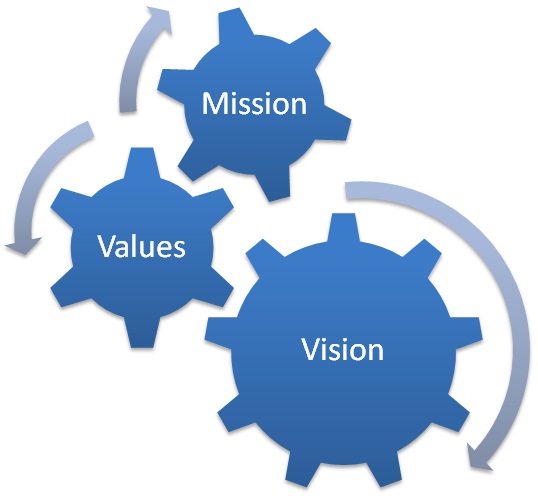

The appropriate approach to the musculoskeletal system should focus on an integrated understanding of proper human movement, nutrition, tissue fatigue/failure and tissue repair. These issues should be considered within the everyday tasks we do at work, at home and during our leisure activities.
The human body is an amazing machine made to move with extreme precision. With proper rest and nutrition, the human body not only replenishes itself from the work/play that we do each day, but it has the ability to physically change the makeup of its own tissues in direct response to tasks we do on a “regular” basis.
The human body / human movement system is full of redundancy and secondary systems designed to “backup” the primary parts of the body as tasks become increasingly difficult. The body has an amazing ability to change and adapt, but only to a point.
Ask the body to do too much, in one heavy task or smaller tasks repeated over time, and the structures of the human body will negatively adapt and may ultimately fail. Somewhere along this path, we begin to feel sore, stiff and move differently without even knowing it. This altered movement pattern accelerates the negative adaptive changes and moves our tissue closer to failure.
A healthcare professional that understands the precise and integrated nature of the human movement system can recognize early warning signs of tissue fatigue, inappropriate work positions or work tasks, abnormal movement patterns, etc. and can reverse these situations before they create disability or excessive costs.
Orthopaedic physical therapists with advanced training in manual therapy, clinical exercise prescription, ergonomics, functional testing and the psychology of human behavior are uniquely qualified to address the musculoskeletal system with the appropriate model. The advanced training of these physical therapists should also include differential diagnosis, pharmacology and medical imaging.
The purpose of these subjects is to help the physical therapist know when the musculoskeletal complaint IS NOT a true musculoskeletal problem, but stemming from a disease or pathological condition better handled by a trained and experienced medical physician.





